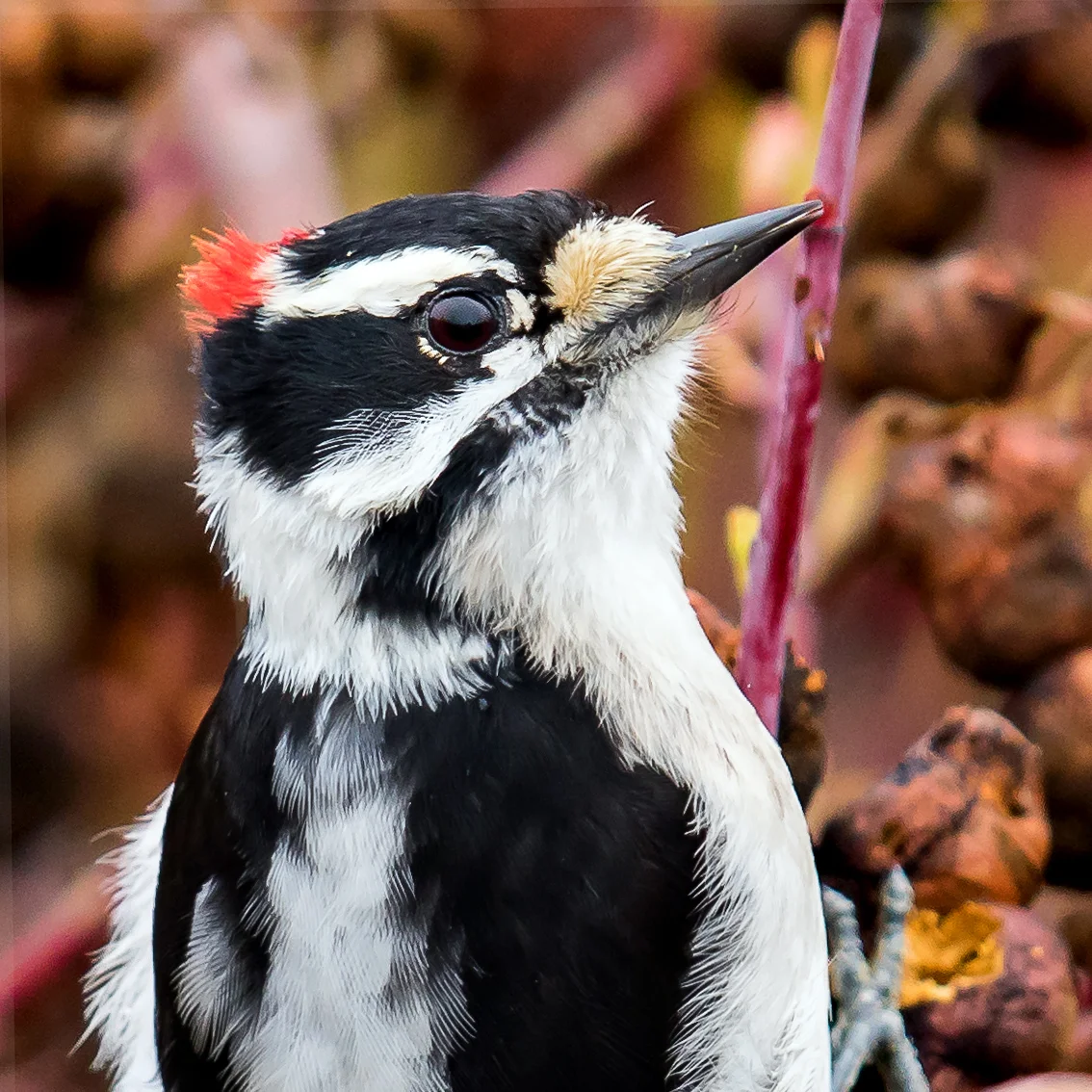The “song of the loon” once heard will never be forgotten. Piercing the evening across a lake in northern North America the male loon defends his territory with yodels that can be heard up to 16 km away.
Northern Flicker
Canada Jay
Hermit Warbler
The Hermit Warbler is considered a specialist in living in the canopy of 200 foot tall conifers. In western Washington it populates Douglas firs, western hemlocks, and western red cedars. It winters in pine-oak forests in Mexico and in California it enjoys Jeffrey, pondersosa, and lodgepole pines. It forages so high that it is often heard long before it is seen.
Northern Rough-winged Swallow
Black-necked Stilt
Swainson's hawk
The life cycle of Swainson’s Hawks provides an excellent illustration of the importance of having a hemispheric perspective on bird conservation. Using the Central and Pacific flyways this western North American species makes an annual round trip migration of about 12,000 miles to and from southern South America and the Argentine pampas.
American Redstart
Red-necked Grebe
Western Grebe
Downy and Hairy Woodpeckers
California Scrub Jay
Wilson's Warbler
Wilson’s Warbler is often found along wooded streams, in low shrubs, willows and alders (Kaufman). It sings loudly and regularly and can lead a birder trying to see it on a frustrating chase through dense underbrush, but persistence will pay off with a view of this lovely bird. Its song is more of a descending chatter chi chi chi chi chi chet chet, than a song.
Western Wood-pewee
A bird of open woodlands, the Western Wood-Pewee is widespread in the western United States as far east as the western side of the plains states. It is most often seen calling pee-er from an open branch from which it will also sally forth to catch a variety of insects including flies, bees, wasps, beetles, moths and bugs (Bemis & Rising).
Sanderling
California Condor
The black speck was far out on the horizon but through binoculars I was able to see that it was a California Condor moving in our direction as we stood on the South Rim of the Grand Canyon. In a matter of seconds it approached us at a speed of nearly fifty miles per hour without flapping its wings. Riding the wave of the thermal coming up from the hotter air deep in the canyon the condor suddenly arrived in full view above us and then banked to slow enough to make three circles over the gathering crowd.






















